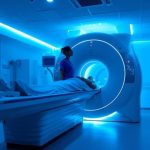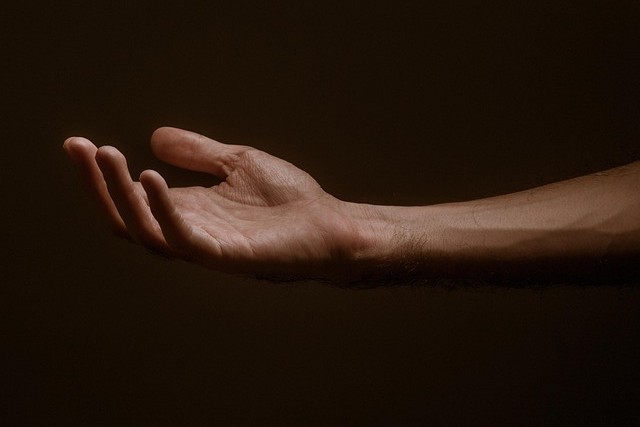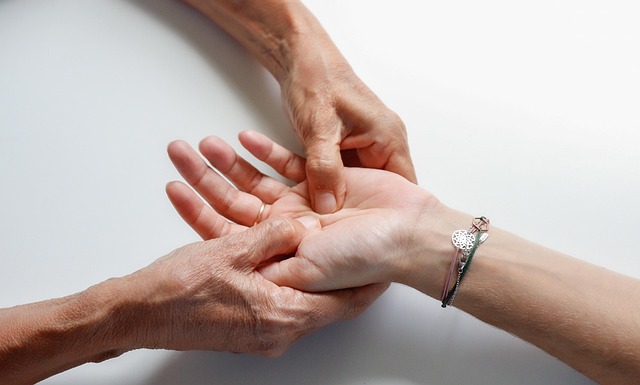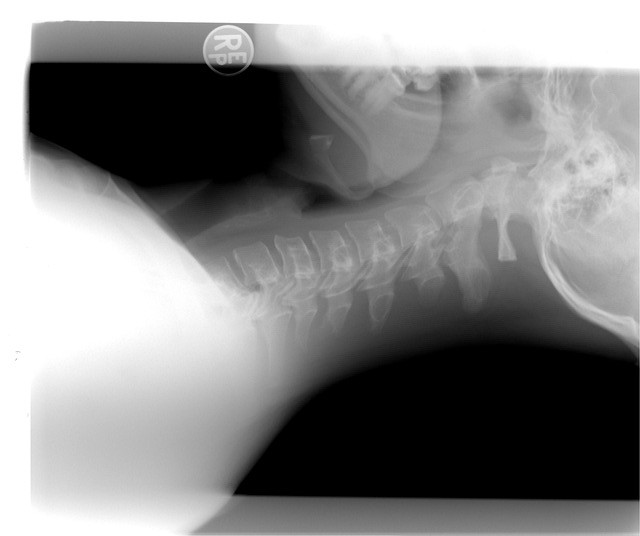In 2015, Yagli, et. al., conducted the study aimed to explore the impact of yoga on the quality of life in elderly breast cancer patients. The researchers sought to understand whether incorporating yoga into the treatment plan could improve the overall well-being of these patients, particularly focusing on aspects like depression, pain, fatigue, and sleep quality.
The study included 20 breast cancer patients aged between 65 and 70, who were undergoing treatment. These patients were divided into two groups: one participated in a yoga program, and the other in a classical exercise program. Each group attended eight sessions, where the yoga group engaged in a series of classical yoga practices, including warming and breathing exercises, asanas, relaxation in a supine position, and meditation. The exercise group followed a standard exercise regimen.
To evaluate the effects of the programs, the researchers used the Nottingham Health Profile (NHP) to assess the quality of life and the Beck Depression Inventory to gauge depression levels. Additionally, the Visual Analog Scale (VAS) was employed to measure pain, fatigue, and sleep quality. These assessments were conducted both before and after the completion of the yoga and exercise programs.
The findings revealed significant improvements in the quality of life for all patients following the yoga and exercise programs (p < 0.05). Notably, when comparing post-treatment results between the two groups, the yoga group showed significantly better outcomes in several subcategories of the NHP, including emotional reactions (ER), social isolation (SI), sleep (S), and physical abilities (PA), as well as overall NHP scores (p < 0.05). However, no significant differences were observed between the groups for energy levels (EL) and pain (P) scores (p > 0.05). Additionally, both groups exhibited significant improvements in depression, pain, fatigue, and sleep quality when comparing pre- and post-treatment data (p < 0.05). The yoga group, however, demonstrated more significant improvements in fatigue and sleep quality compared to the exercise group (p < 0.05).
The study concludes that yoga is highly beneficial for elderly breast cancer patients. It helps reduce depression, pain, and fatigue, enhances sleep quality, and supports patients in performing daily activities, ultimately leading to an improved quality of life. These findings suggest that incorporating yoga into the treatment plan for elderly breast cancer patients can be a valuable addition to their overall care.
Reference: Yagli, N. V., & Ulger, O. (2015). The effects of yoga on the quality of life and depression in elderly breast cancer patients. Complementary therapies in clinical practice, 21(1), 7-10.




